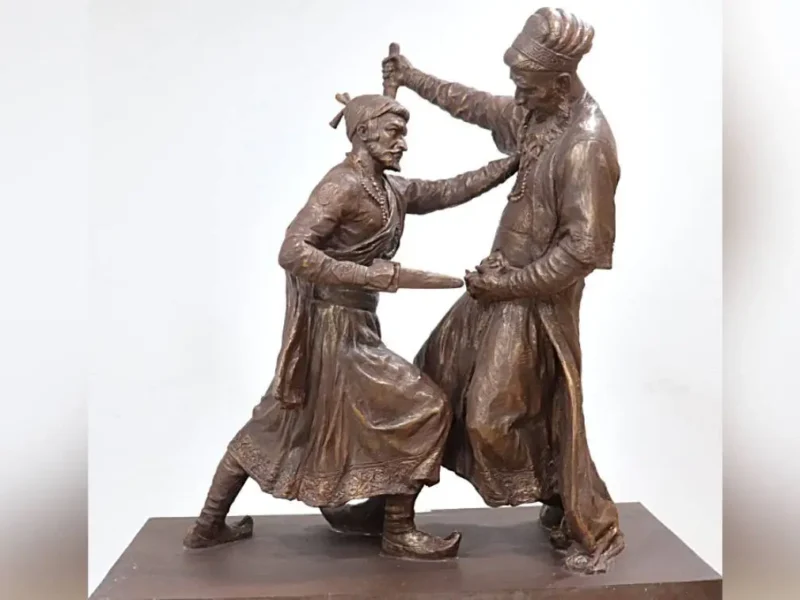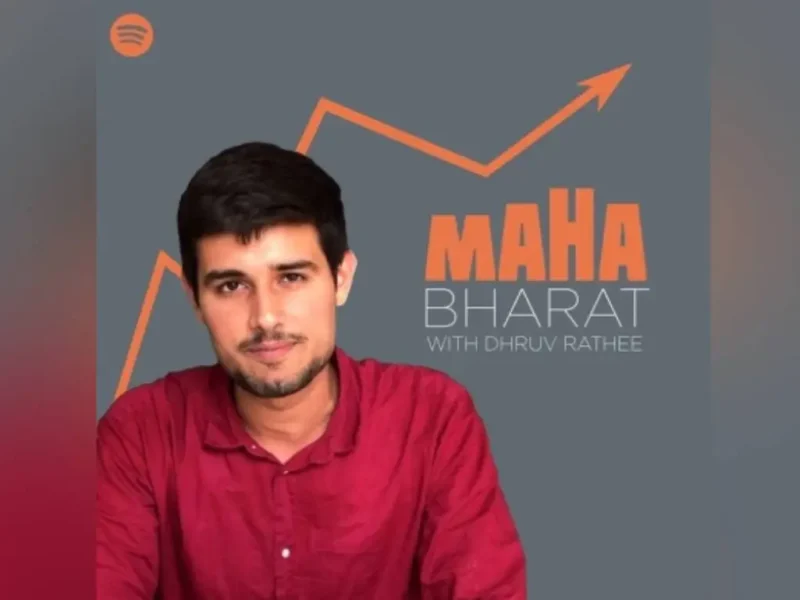
Former Board Members Discuss Greed And Satyam Scam
NEW DELHI, (IANS) – The Satyam scam, which had rocked India’s corporate world 13 years back in 2009, forcing the government to constitute a six-member board to look after its affairs, was revisited by some of the eminent names from the world of governance, finance, and technology on November 23.
The occasion was the release of a book on the subject, titled “The Tech Phoenix: Satyam’s 100-Day Turnaround”, co-authored by T.N. Manoharan and V. Pattabhi Ram.
The book focuses on how the newly constituted board managed to shore up the company’s fortunes and find a promoter for it within 100 days.
Some of the members of Satyam Computer Services’ erstwhile board, which was constituted by the government, were present on the occasion.
These included former NASSCOM President Kiran Karnik, HDFC Ltd Chairman Deepak Parekh, industry body CII’s former Director General Tarun Das and co-author of the book, and the Institute of the Chartered Accountants of India’s former chief Manoharan.
Apart from this, former Deputy Chairman of the erstwhile Planning Commission Montek Singh Ahluwalia, eminent lawyer Shardul Shroff, and co-author Pattabhi Ram, a chartered accountant, were also present on the occasion.
Ahluwalia reminisced how in the aftermath of the Satyam scam, then Prime Minister Manmohan Singh directed that a new board should be set up to shore up the company and look for a new promoter. He recalled that he had recommended the names of Parekh, Karnik, and Das for the new board.
Parekh said that they got all cooperation from the government as well as the acting Prime Minister Pranab Mukherjee. He added that amid multiple trips to Hyderabad, the only focus of the new board was to find a promoter for the troubled company and move out as soon as possible. Parekh said that the collusion of some of the staff and auditors led to the scam. It was also the failure of the chartered accountants who had audited Satyam’s books, the veteran banker noted. Greed also led to the whole thing, he added.
Shroff said that whatever the board managed to achieve was unprecedented, as this rarely happens in government action. As the board had specialists, his work as a lawyer became easier, he added.
Manoharan said that the scam was triggered by the global financial crisis, and it was the confession (by Satyam’s former Chairman B. Ramalinga Raju) which led to the investigation. However, he added that it was the goodwill of the board members which helped in tiding over the crisis. Also motivating the employees was a major challenge, who ultimately gave their full support and cooperation.
Das described it as an amazing example of teamwork by the board and raised a point about the role of independent directors.
While Parekh said that independent directors should have a fixed tenure, Karnik noted that if a director remains on a board of a company for too long, then his or her’s independence comes under question.




